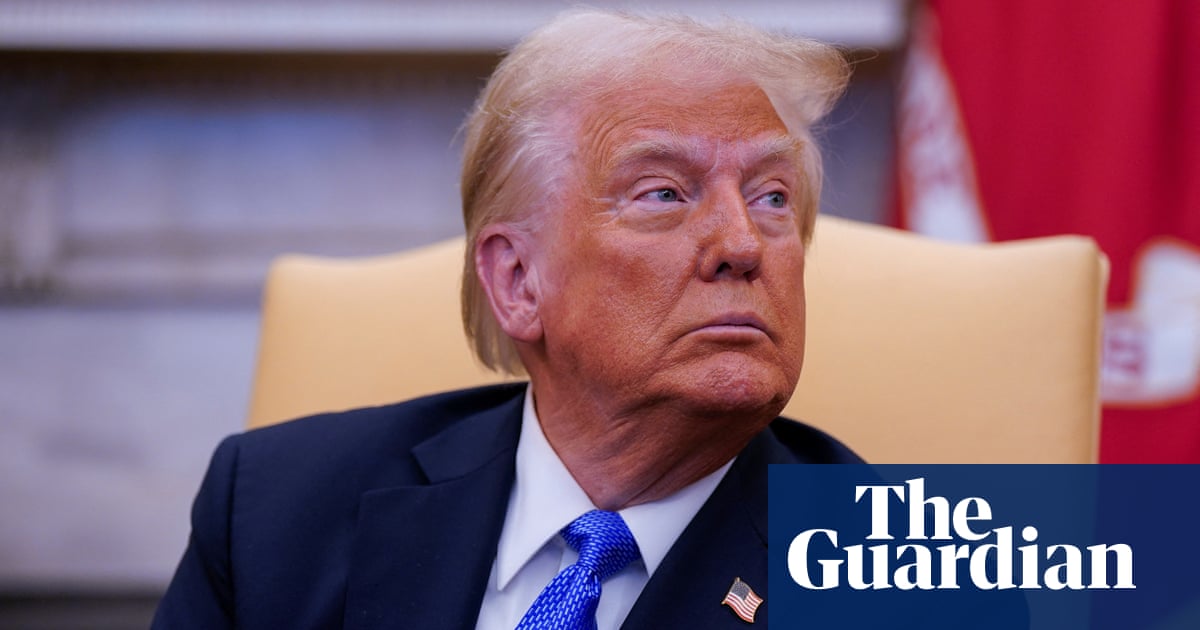In an unexpected development, President Donald Trump has opted to postpone a significant segment of his ongoing tariff conflict with China. Instead, he is now signaling plans to introduce new tariffs on a variety of goods from several other nations in the week ahead.
The initial strategy to implement tariffs on Chinese shipments to the United States valued below $800 has been shelved for the time being. This plan would have revoked the duty-free status of low-cost packages, yet federal agencies have requested additional time to effectively prepare for this alteration.
During a recent meeting at the White House, President Trump hinted at the possibility of announcing reciprocal tariffs targeting other countries next week. However, he refrained from detailing which nations would be impacted or the specifics of the proposed tariffs.
The recent suspension of all incoming packages from China and Hong Kong by the US Postal Service was a direct consequence of Trump’s decision to terminate the “de minimis” provision. This provision previously allowed low-value packages from China to enter the United States without incurring tariffs, which particularly benefited companies such as Shein and Temu. Following a brief halt, the US Postal Service has resumed accepting these packages.
According to Trump’s executive order, the duty-free provision will continue until appropriate systems are established to efficiently collect tariff revenues. This decision is part of Trump’s broader strategy aimed at China, which he asserts is a necessary response to the influx of illegal drugs from the country into the US.
These recent moves have injected a sense of uncertainty into global trade, especially considering that Trump’s earlier proposals to impose tariffs on Mexico and Canada are also facing delays. Despite the ongoing confusion, the president remains resolute in his commitment to uphold fair trade practices.
With the prospect of new tariffs on the horizon, the future of international trade remains precarious under the Trump administration. The repercussions of these decisions are bound to resonate globally as nations adapt to the ever-evolving dynamics of international commerce.


/https:/tf-cmsv2-smithsonianmag-media.s3.amazonaws.com/filer_public/79/f7/79f7e4e7-2d90-498a-817f-bb5370fceccd/gettyimages-1087161290_web.jpg)




